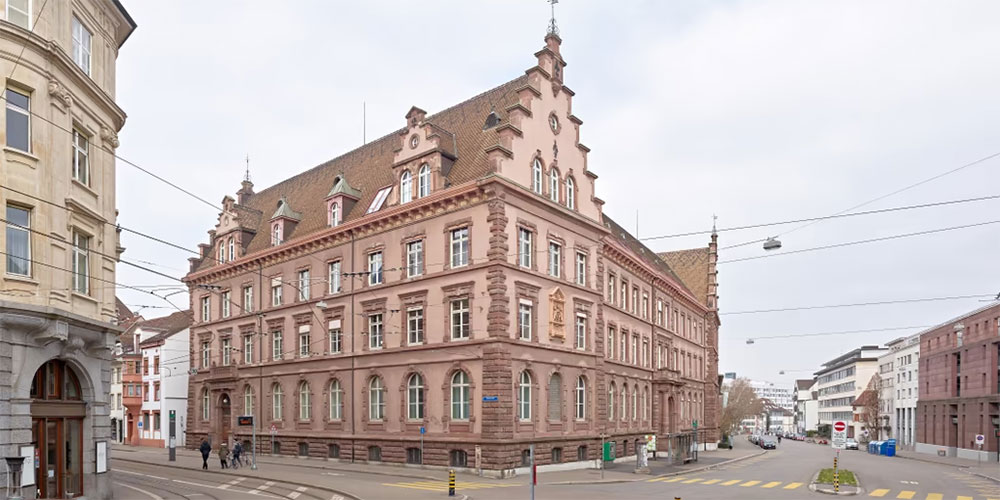Discovery of a Key Regulatory Gene in Cardiac Valve Formation
Researchers from the University of Basel in Switzerland have identified a key regulator gene for the formation of cardiac valves – a process crucial to normal embryonic heart development. These results are published in the journal Cell Reports today.
23 May 2017
The heart is the first functional organ that develops in vertebrate embryos. In humans, it starts to beat four weeks into the pregnancy. Unfortunately, congenital heart disease is one of the most common developmental abnormalities and the leading cause of birth defect-related deaths. These heart defects often involve malformations of cardiac valves, which are required to regulate the pressure and flow of blood in the cardiac chambers.
Unexpected role for HAND2 transcription factor in cardiac valve formation
A research team led by Prof. Rolf Zeller and Dr. Aimée Zuniga from the University of Basel has identified the so-called HAND2 gene as a key regulator that triggers the formation of cardiac valves in mouse embryos, a process that is crucial for normal heart development. Previous research using mouse models lacking HAND2 had shown that this gene regulates outflow tract and right ventricle development.
The researchers thus set out to identify the set of genes that are controlled by HAND2 in developing mouse hearts. In doing so, they identified a previously unknown heart defect in mouse embryos lacking HAND2. The mutant hearts lack the cardiac cushions, which would normally develop into cardiac valves. Normally, the cells contributing to these cushions undergo complex cellular rearrangements as they detach from the lining of the heart wall and migrate into the cushions to “fill them up”. As this mechanism is crucial for heart development, the researchers investigated how HAND2 controls this fundamental event during cardiac valve development.
HAND2 controlled gene network
In humans, defects in valve formation underlie different congenital heart malformations but the molecular mechanisms controlling heart valve development are not well understood. By studying mouse embryos, the research group has now identified the network of genes directly controlled by HAND2 that regulates cardiac valve formation.
The discovery of the HAND2 controlled gene network is of general relevance as mutations in HAND2 have recently been linked to heart valve malformations in human patients. “Not only does this discovery advance our molecular knowledge of cardiac valve development, but it may also help to provide genetic diagnosis for patients that suffer from congenital heart malformations,” says first author Fréderic Laurent of the Department of Biomedicine.
Engineering valves from stem cells
Heart valve replacements are among the most common cardiac surgeries performed and one of the future promises of biomedical research is to engineer replacement valves from stem cells. The discovery that HAND2 is a key regulator of the cellular and gene regulatory processes underlying heart valve formation is a potential milestone in this direction.
Original source
Frédéric Laurent, Ausra Girdziusaite, Julie Gamart, Iros Barozzi, Marco Osterwalder, Jennifer A. Akiyama, Joy Lincoln, Javier Lopez-Rios, Axel Visel, Aimée Zuniga, and Rolf Zeller
HAND2 Target Gene Regulatory Networks Control Atrioventricular Canal and Cardiac Valve Development
Cell Reports (2017), doi: 10.1016/j.celrep.2017.05.004
Further information
Rolf Zeller and Aimée Zuniga, University of Basel, Department of Biomedicine, Tel. +41 61 207 50 31, email: rolf.zeller@unibas.ch and aimee.zuniga@unibas.ch

